Konvart Blog
Stay current on marketing trends and best practices through our blog.
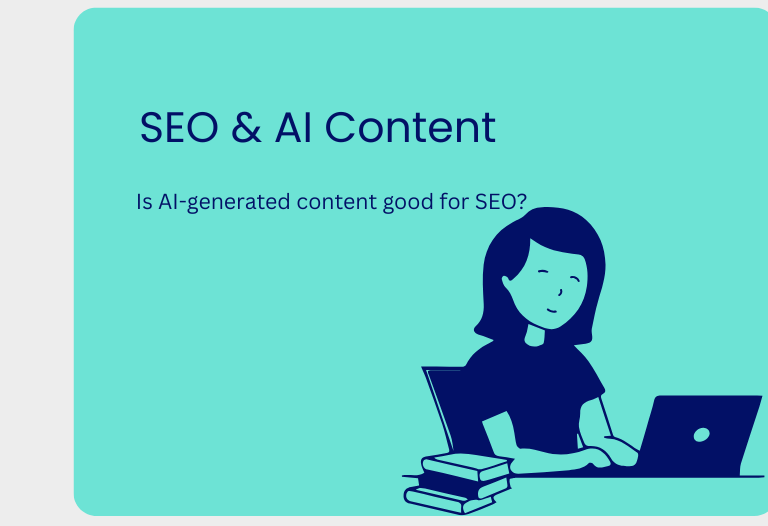
SEO and AI Content – Is AI-Generated Content Good for SEO?
People in SEO are divided about how effective AI-generated content is for SEO. AI-generated content isn’t good if not modified: Not for content, but supporting tasks: Google doesn’t care: So, which is it? We make it clear in this article by comparing what Google has said against actual results using AI-generated content. Does AI Content […]

SERP Analysis – Complete Guide
SERP analysis is crucial for optimizing content to improve search engine rankings. Without SERP analysis, you cannot possibly understand what Google sees as relevant to ranking for a particular keyword. Through SERP analysis, marketers can gain insights into current ranking factors, user query intent, and the competition. These insights can inform the direction of content […]
More Posts
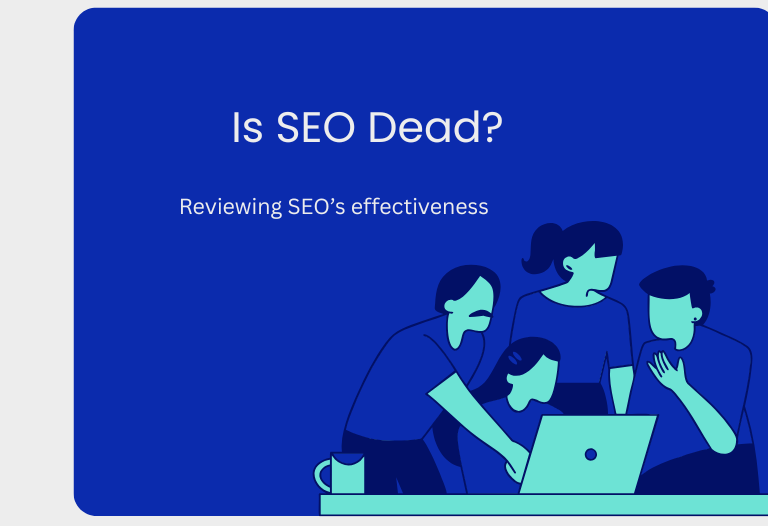
Is SEO dead in 2026? Traditional SEO vs AEO
You might think it’s new, but people have been asking, “Is SEO dead?” for a long time before generative AI became mainstream. See this Quora thread from 2016: So, it is not a new question, and AI should not cause you to panic. That said, AI has changed a lot in search behavior. Therefore, I […]

SEO and AI Content – Is AI-Generated Content Good for SEO?
People in SEO are divided about how effective AI-generated content is for SEO. AI-generated content isn’t good if not modified: Not for content, but supporting tasks: Google doesn’t care: So, which is it? We make it clear in this article by comparing what Google has said against actual results using AI-generated content. Does AI Content […]

SERP Analysis – Complete Guide
SERP analysis is crucial for optimizing content to improve search engine rankings. Without SERP analysis, you cannot possibly understand what Google sees as relevant to ranking for a particular keyword. Through SERP analysis, marketers can gain insights into current ranking factors, user query intent, and the competition. These insights can inform the direction of content […]
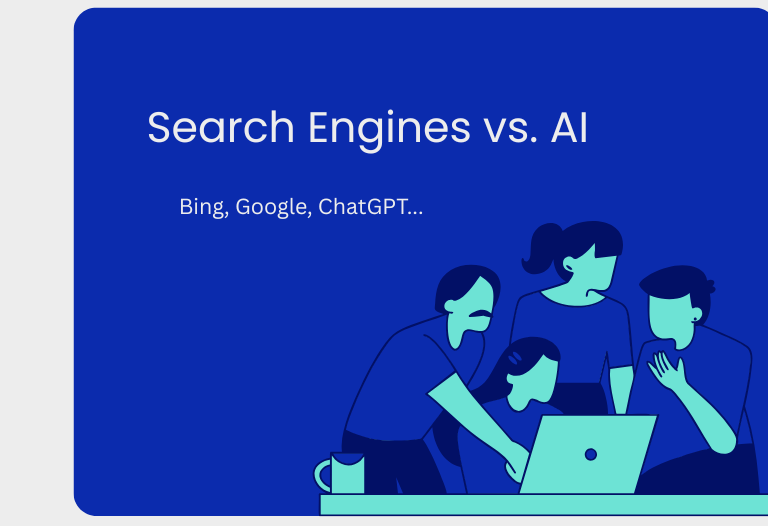
How Many People Use Bing vs. Google vs. ChatGPT
Google and Bing dominate the search engine market, each serving vast numbers of users with varying preferences. Statistics from 2025 reveal that Google continues to lead with a substantial majority, engaging billions globally, while Bing maintains a smaller, yet significant, user base. This article provides a detailed comparison of user statistics for both search engines […]

AI Blog Writing Tools
It’s no news that there are so many AI writing tools on the market, and every day, new ones are introduced. However, all AI blog writing tools are not equal, especially if you are writing for search engines or to be mentioned on or linked from generative AI platforms. In this post, we will explore […]
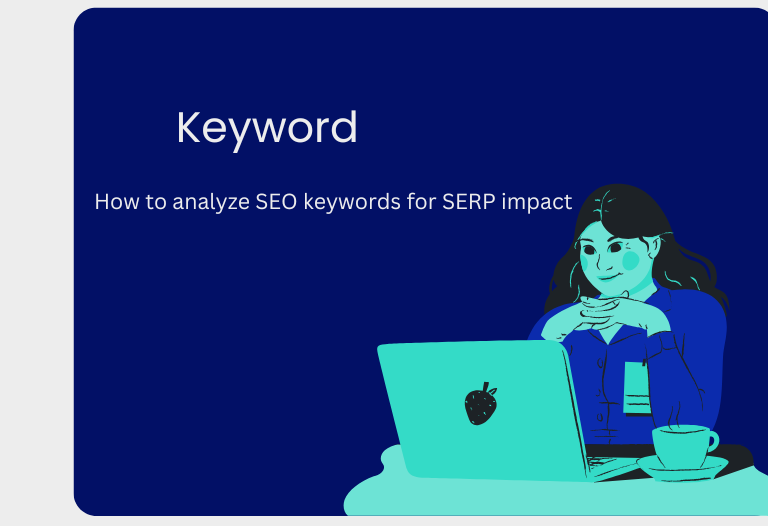
A Guide to Keyword Analysis for SEO
With the high conversion rates on Google search and AI tools like ChatGPT, SEO is far from dead. Yes, AIO is mostly content and PR in SEO, so it’s all the same. Therefore, you must analyze keywords properly if you want to increase your online visibility and traffic. Keyword analysis starts where keyword research ends, […]
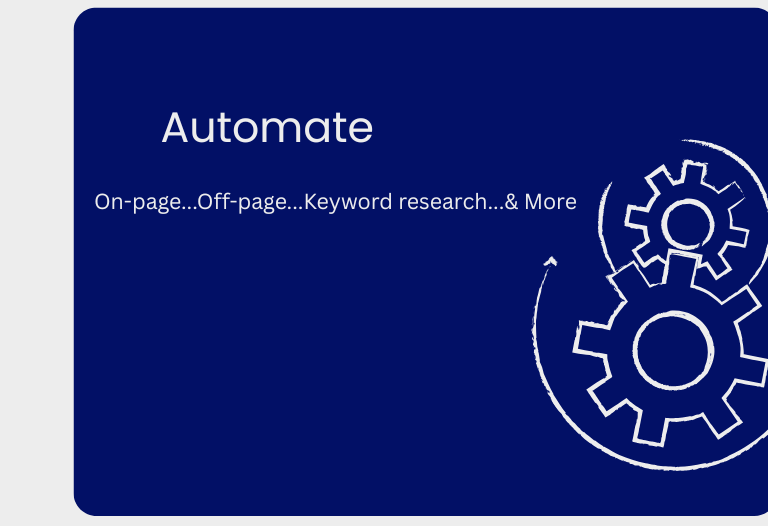
Best Automated SEO Software for 2026
The SERP is changing fast and has been for the last few years. Automating SEO is now important more than ever in order to achieve more with the same time. SEO automation software streamlines routine tasks such as keyword research, link building, and content optimization, allowing SEO professionals to focus on more strategic elements of their campaigns. […]
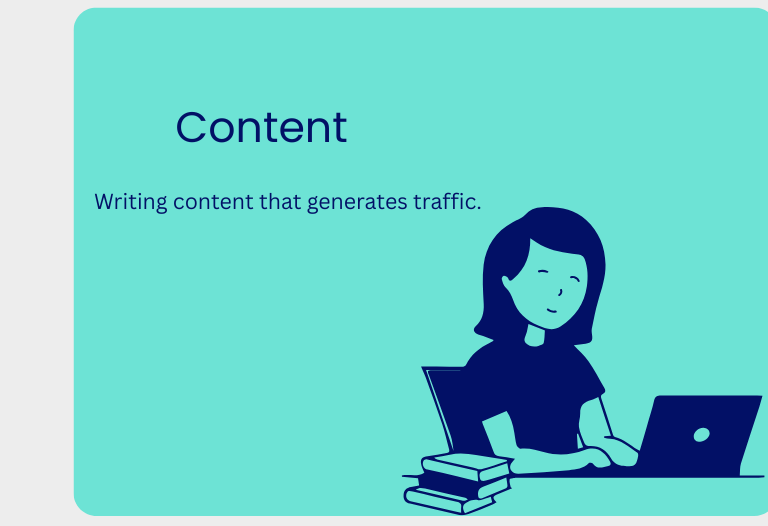
Best Practices for Writing SEO-friendly Content
Crafting SEO-friendly content isn’t just about peppering your articles with keywords. It’s not about writing the most words either (yes, it isn’t). The best SEO-friendly content is that which combines relevance, readability, and thorough research. As SEO specialists and writers, mastering this can significantly enhance your content’s reach and effectiveness. This guide will equip you […]

[RECAP] Konvart Webinar – How to Use AI To Enhance Your SEO Content Writing
Did you miss our first educative and expository webinar? We had an excellent time hosting our first webinar on How to Use AI to Enhance Your SEO Content Writing. We discussed how search engine results for a keyword reveal what Google understands about the intent behind the keyword. This free webinar, sponsored by Konvart, explained […]
Do you want to be updated when we have pecks for you?
Subscribe to our newsletter.
Do you want to be updated when we have pecks for you? Subscribe to our newsletter.
